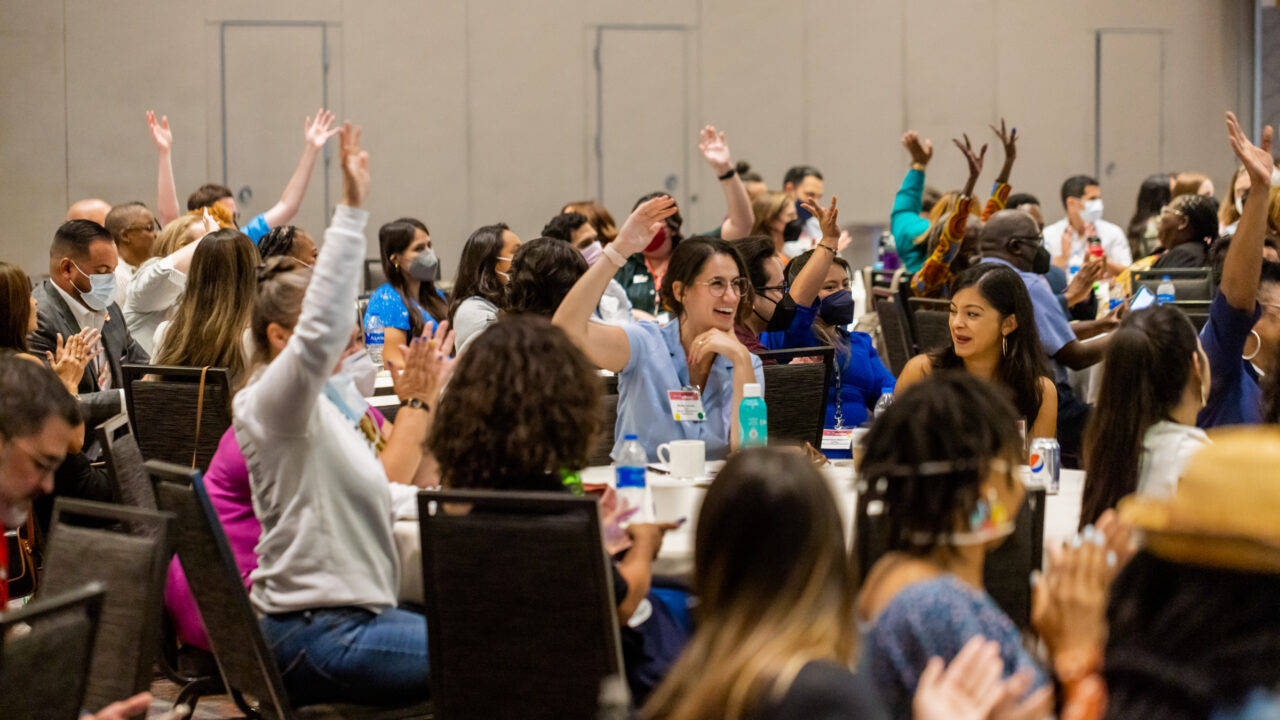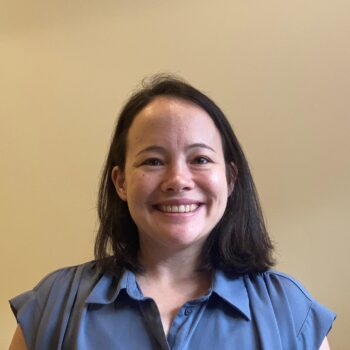The new year ushers in new political realities across the country. While much of the post-election discourse focused on state and federal results, November’s election again proved what we already know: our ideas are popular and they are winning in localities across the country. But popular ideas and election wins alone will not transform how we govern. As the Executive Director of Local Progress – a movement of more than 1,300 local elected officials across 47 states who are committed to advancing racial and economic justice – I know that Election Day is just one step on the long road. It’s up to all of us – our elected officials and movement, community, and advocacy organizations – to harness this momentum to improve people’s lives.
In the coming weeks, we will be reading a lot about ambitious state legislative agendas and ongoing power struggles in Congress. These are crucial arenas of change, but the work to transform how we govern starts at the local level. As newly elected Democratic state legislatures unveil ambitious agendas, it’s critical to remember that their ideas are rooted in and inspired by innovative work at the local level that has shown that our so-called radical ideas are not only popular, they are also pragmatic. Take Minnesota, where a wave of cities passed Earned Sick and Safe Time, a long-overdue and basic employment standard that, although perhaps considered radical at the time, is both effective and wildly popular. And this year, passing a statewide Earned Sick and Safe Time program is now a top priority for the Minnesota State Legislature.
As red states continue to do everything within their power to dismantle our rights and freedoms, local governments are also the first line of defense. Just look at Texas, where a local policy called the GRACE Act spearheaded in the small city of Denton created a model to prevent the criminalization of abortion that spread to Austin, San Antonio, El Paso County, and Dallas. It takes just one locality – and a lot of organizing – for a wave of change to wash over a state. While it might take considerable time for these changes to build toward statewide policy reform, it is important to remember our North Star: our communities. When our communities see their voices being heard and reap the positive benefits of local changes, they vote. And that is how we build from the bottom up.
Local government does not just create ideas, it also creates leaders. When local leaders with a track record of fighting for and winning progressive change run for higher office, they are ready to hit the ground running. We saw firsthand how Austin City Councilmember Greg Casar organized with elected officials and community and labor organizers across the state of Texas to advance paid sick days legislation, so it was no surprise to see him elected into the leadership of the Congressional Progressive Caucus before he was even sworn into office. When former Binghamton City Councilmember Lea Webb won her election to State Senate, bucking statewide trends that led to Democrats losing swing districts, we knew it was because of the incredibly strong foundation of local organizing that she has been leading over the past decade. Local leaders are closest to their communities. It’s for precisely this reason that they are the long game in the fight to defeat right-wing extremism, to repair centuries of racial harm, and to build a truly inclusive, multi-racial democracy.
The stakes are high. The next few years present us with an unprecedented opportunity. With billions of dollars flowing from the federal government to state and local governments through recent federal legislation, we’ve seen significant breakthroughs in the span and scope of what local governments can do. Whether providing immediate support to families during the pandemic with direct cash transfers, supporting worker organizing, reimagining public safety, welcoming new residents with dignity, increasing affordable housing stock and protecting against evictions, or experimenting with participatory decision-making that brings people into the political process – local electeds are piloting innovative policy solutions. These examples and hundreds of others show us what governing can look like when we bring communities to the center. They are also a reminder that there are no off years. As many inside the beltway start shifting their attention to speculation about 2024, we know that there is work to be done right now. In 2023 there will be hundreds of elections for city council, school board, district attorneys, and county legislators. These leaders will have a once-in-a-generation chance to fundamentally reshape how we govern.
It won’t be easy. From the Supreme Court to Republican gerrymandered state legislatures, the rise of anti-democratic forces will continue to threaten the rights, freedoms, and safety of our communities. But we know where to start and how to fight. This past year, I’ve been inspired by the courage of local leaders across the country – from local electeds in Florida who fought courageously against Florida’s anti-protest and anti-local democracy law to local leaders in Texas who worked tirelessly to prevent the criminalization of abortion and to advance workers’ rights and power in spite of abusive state preemption. These movements, along with the countless exciting wins last November, are our momentum – providing a roadmap for resistance that we can replicate across the country.
The New Year calls for new strategies. We cannot win the democracy of our dreams by contesting for narrow victories in a structural deficit. In 2023, we must focus our attention on the crucial work happening at the local level, because real change is built from the ground up. This requires all of us – from policymakers and constituents to funders and organizers – investing our time, energy, and resources to bolster the pipeline of local progressive candidates and continuing to support those leaders as they transition into the hard work of governing. The progressive agenda is rooted in values that we deeply believe everyone – in red and blue states alike – share: the desire for a dignified life with a stable job, a living wage, fair benefits, affordable and adequate housing, safe and strong communities, health care, and high-quality public schools. The fight for these basic standards begins in our communities.

